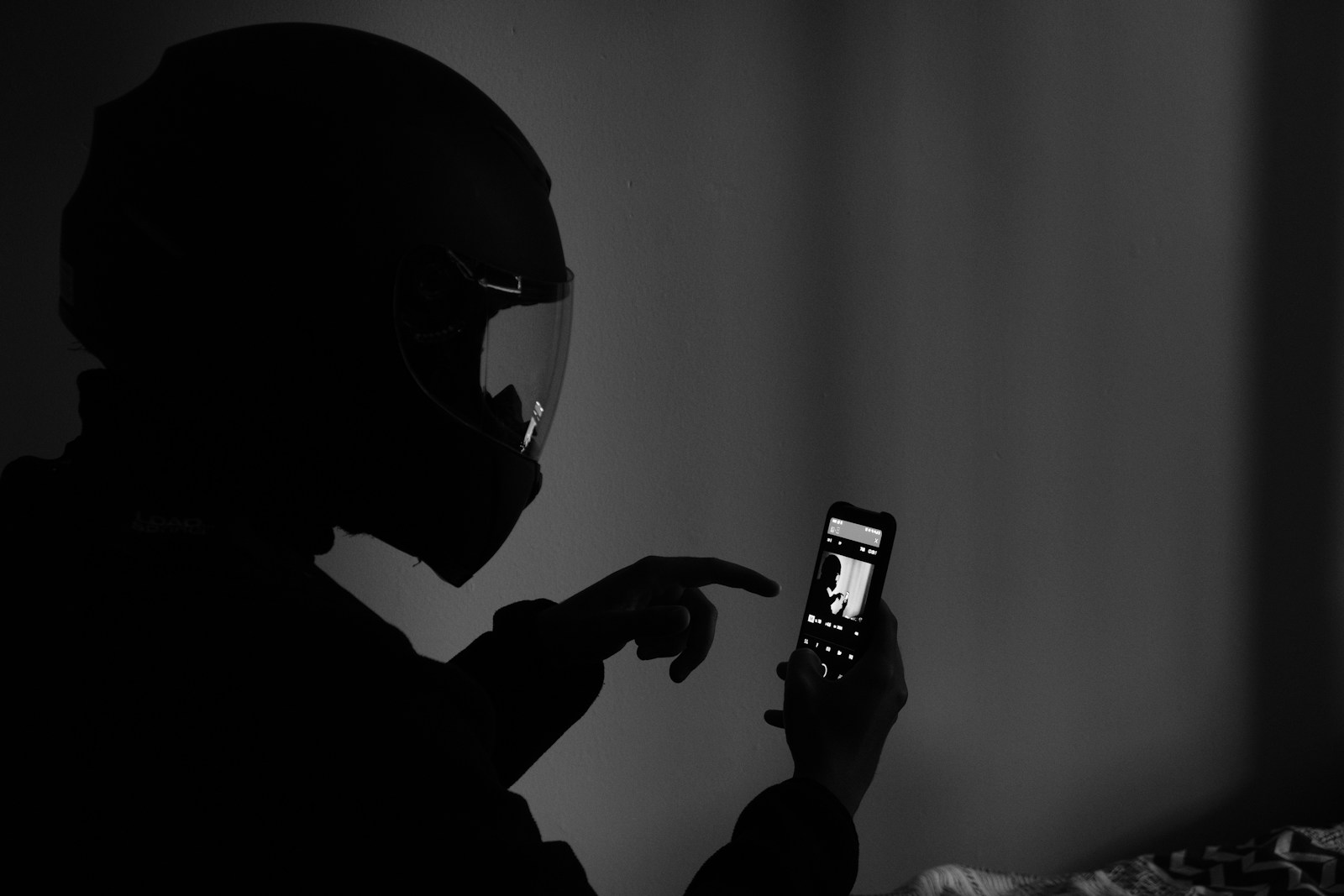When Technology Turns Toxic: Allahabad HC Denies Bail, Orders Rapid Trial in Digital Crime Case

Introduction
In a critical pronouncement reflecting the judiciary’s firm stance on cyber‑enabled offenses, the Allahabad High Court has denied bail to an individual named Ramdev, the principal accused in a serious case involving the unauthorized circulation of obscene images of a woman through WhatsApp. The matter, presided over by Hon’ble Justice Ajay Bhanot, offered a stern caution against the abuse of digital technologies, emphasizing that such platforms, when misused, can inflict irreversible psychological and reputational damage. The Court highlighted the dangerous transformation of crime through digital mediums, remarking that “Digital technology is altering the face of crime” and that “Indecent pictures of a person when circulated on public platforms by social media can destroy lives.”
Background of the case
The applicant, Ramdev, sought bail in Case Crime No. 5 of 2025, registered at Police Station Utraon, District Prayagraj. He faces allegations under Sections 74 (assault or criminal force with intent to outrage a woman’s modesty), 352 (intentional insult intended to provoke breach of peace), 351(2) (criminal intimidation), and 64(1) (punishment for rape) of the Bharatiya Nyaya Sanhita 2023, in addition to Section 67A of the Information Technology Act, 2000, which criminalizes the electronic publication or transmission of sexually explicit content. Ramdev has remained in judicial custody since January 9, 2025, with an earlier bail plea dismissed by the trial court on April 23, 2025. The High Court noted that Ramdev had been identified as the principal offender during the hearing, further supported by strong digital evidence: explicit photographs recovered from his device and sent to the Forensic Science Laboratory (FSL) for analysis, with the final report still awaited.
Technology’s Dark Side: Court’s Observations
The Court’s judgment delivers a compelling reflection on how digital tools originally intended for empowering communication are being weaponized in new forms of offense. It expressed concern over the use of technology to perpetrate non-consensual sharing of private content, highlighting the far‑reaching trauma inflicted upon victims, compounded by the permanence and virality of digital dissemination. The judiciary emphasized that such acts constitute grave legal offenses and urged a decisive, technologically aware legal response to emerging cyber‑crimes.
Judgment Summary
In a detailed ruling dated June 2, 2025, the Allahabad High Court applied a high threshold in denying bail. The Court identified several factors militating against release: the severity of charges involving both sexual violence and cyber‑exploitation, the prima facie strength of digital evidence including image recovery sent to FSL and the substantial risk of misuse or interference if the accused were to be released. Justice Bhanot’s order further emphasized the need for judicial caution in cases where the misuse of social media exacerbates the damage to victims, reinforcing the idea that bail cannot be granted lightly where the accused may hinder investigation or repeat the offence.
Directives for Expedited Justice
In addition to denying bail, the Allahabad High Court issued a series of firm directives to ensure the expeditious disposal of the case, mandating the trial court to conclude proceedings within one year. To accelerate evidence processing, the Deputy Director of the Forensic Science Laboratory has been directed to submit the final report within two months. The court also emphasized strict witness management, requiring the trial court to secure witness attendance through all necessary and coercive means, including summons via both regular and registered post. Recognizing the potential for procedural abuse, the court empowered the trial court to impose exemplary costs on counsels or parties who cause unwarranted delays. Police authorities have been instructed to execute warrants promptly, and the Commissioner of Police, Prayagraj, is required to submit periodic affidavits on the status of such execution. To further ensure institutional accountability, the trial court is authorized to summon senior police officials and demand affidavits verifying compliance with earlier court directives. The court has also vested power in the trial court to cancel the bail of any accused who fails to cooperate or attempts to delay proceedings without requiring prior leave from the High Court. Lastly, to maintain judicial oversight, the trial judge must submit fortnightly progress reports to the District Judge, Prayagraj, tracking the procedural status and overall trial progress.
Conclusion
The June 2, 2025, order marks a decisive judicial stance on the intersection of digital technology and crime. The Allahabad High Court has signaled that the misuse of digital platforms for exploitation or harassment will be met with immediate legal vigilance and accelerated procedures. By combining strong judicial scrutiny, digital‑forensic prioritization, and institutional accountability, the Court has established a robust framework to prosecute cyber‑crimes effectively, timely, and with due legal scrutiny.
For more details, contact: contact@indialaw.in
By entering the email address you agree to our Privacy Policy.



